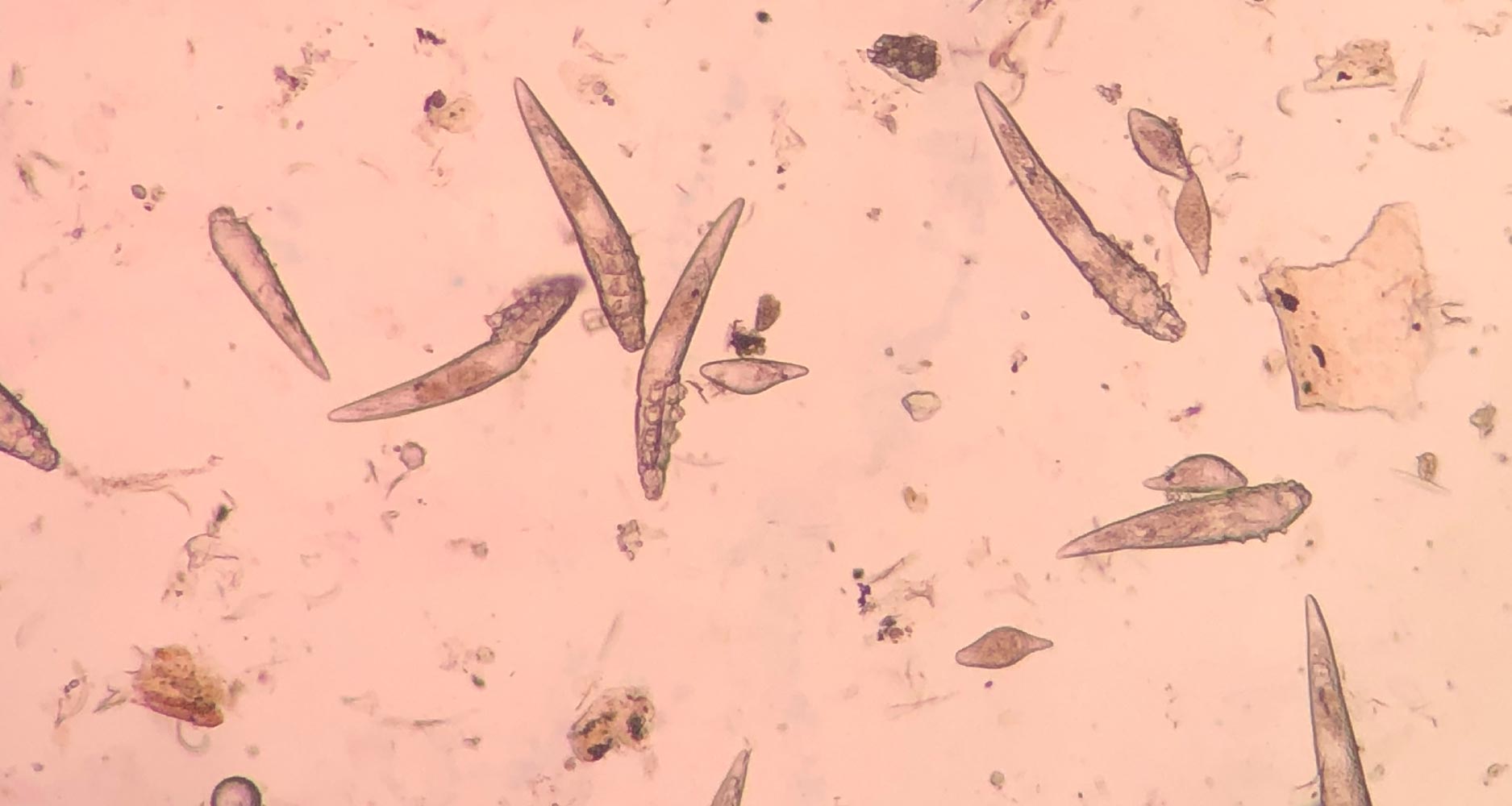HEALTH & WELLNESS

TRENDING

SIGN UP and Start Receiving
Our Monthly Newsletter,
The Chronicles
Cat Mange – what you need to know

Cat mange is a very contagious skin disease. It is caused by a tiny burrowing mite species called Notoedres cati.
Other names for the disease include notoedric mange and feline scabies.
ARE CERTAIN CATS MORE PRONE TO MANGE?
- Stray Cats
- Those with compromise immune systems
- Cats that live in multi-cat households
- Those in catteries or pet shelters
- Malnourished cats
- Outdoor cats
- Rescue cats
- Kittens
WHAT ARE THE SYMPTOMS?
- Restlessness
- Patchy hair loss or moth-eaten appearance on skin
- Ridges on the skin caused by thickening of the skin
- Lesions on the skin caused by scratching
- Scaly skin or scabs caused by scratching
- Severe skin infections
- Frantic scratching
- Intense itching
IT TAKES ABOUT A WEEK FOR SYMPTOMS TO APPEAR ONCE A CAT HAS BEEN EXPOSED TO FELINE SCABIES.
WHICH BODY PARTS ARE AFFECTED?
The head (face, ears and nose) are typically affected, but the infection can spread to other parts of the body, including the toes and perineum.
CAN CAT MANGE AFFECT HUMANS?
Humans may experience mild to extreme discomfort after coming into contact with a cat that has the disease. Fortunately the issue usually resolves spontaneously since the mites cannot complete their life cycle on a human host.
DIAGNOSING CAT MANGE
A veterinarian should be able to confirm whether a cat has feline scabies by examining cells under a microscope after performing a skin scraping.
TREATING CAT MANGE
Cat mange can be treated with the correct treatment. Contact your veterinarian for information on the best protection for cats, both internally and externally. Cats may also need anti-inflammatory drugs and antibiotics for secondary infection.
PREVENTION
- Take your cat for routine check-ups
- Try a recommended treatment product
- Keep your cat away from possibly infected cats
- Clean or discard all previously exposed bedding, toys and accessories
Related Articles








